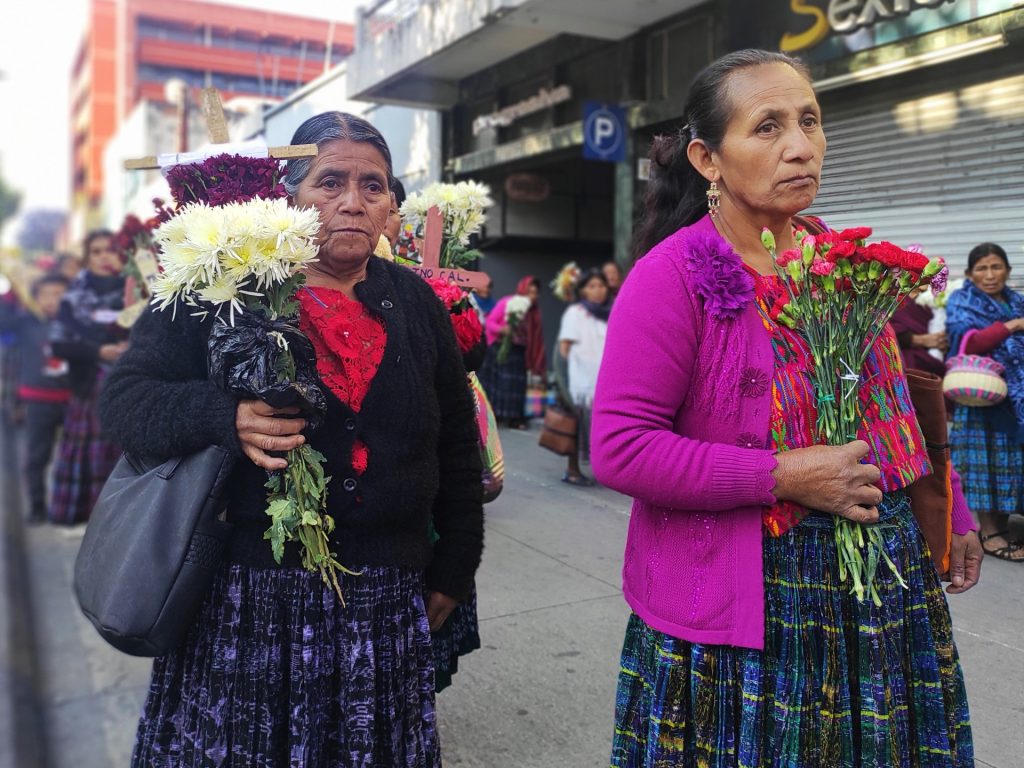The article discusses the ongoing trial of Manuel Benedicto Lucas Garcia, the former head of Guatemala’s army, for allegations of genocide and other crimes committed during the country’s civil war from 1960 to 1996. The trial specifically focuses on the atrocities committed against Indigenous Maya peoples, with an estimated 200,000 people killed, 80 percent of whom were Maya. Lucas Garcia is accused of acts of genocide, crimes against humanity, forced disappearances, and sexual violence during his tenure in the early 1980s. Survivors and advocates hope that this trial will bring some accountability for the atrocities committed during this dark period in Guatemala’s history.
Despite the efforts to bring Lucas Garcia to trial, there have been numerous delays and challenges. Lucas Garcia has denied any wrongdoing and his defense team has used various tactics to delay the proceedings, including resignations and health issues. Other co-defendants in the case have also faced obstacles to their trials, with one passing away and another found mentally unfit to stand trial. The survivors and advocates remain determined to seek justice and hold those responsible accountable for their actions.
The focus of the trial is on the Maya Ixil region, where more than 30 massacres were carried out under Lucas Garcia’s command, resulting in the destruction of numerous villages and the loss of countless lives. The prosecution plans to present extensive evidence, including forensic reports and military documents, to establish the genocidal intent behind the crimes. The trial follows a history of legal actions against former military figures, including a historic trial of Efrain Rios Montt in 2013, which resulted in a conviction for genocide but was later overturned.
Grassroots movements and survivor-led organizations, such as the Association for Justice and Reconciliation, have played a crucial role in pursuing justice for the victims of the civil war. These groups have filed formal legal complaints, intervened in trials, and worked alongside the prosecution to advocate for the victims. The pursuit of justice in Guatemala is part of a broader regional trend in Latin America, where grassroots organizations have played a significant role in holding state actors accountable for human rights violations.
Prosecuting genocide is considered a complex legal challenge, requiring evidence of intent to destroy a specific group of people. While successful convictions for genocide are rare, the trials themselves can still serve as important tools for uncovering historical injustices and establishing a public record of the atrocities committed. Despite the hurdles and delays, survivors, advocates, and grassroots movements remain committed to seeking accountability and justice for the Indigenous populations who suffered during Guatemala’s civil war. The trial of Manuel Benedicto Lucas Garcia represents a crucial step towards addressing the dark legacy of violence and oppression in Guatemala.















